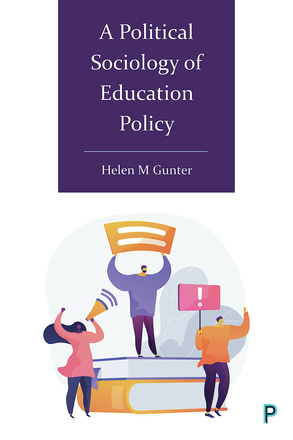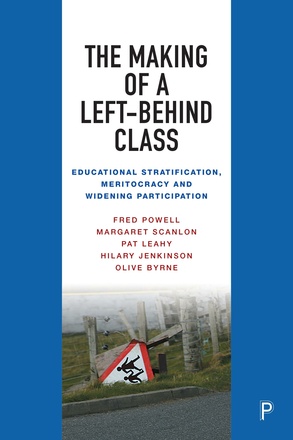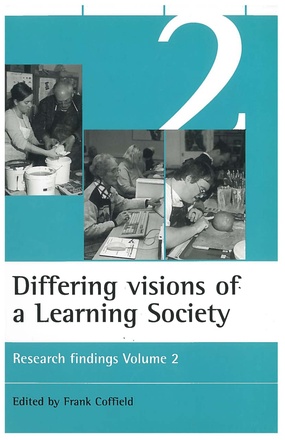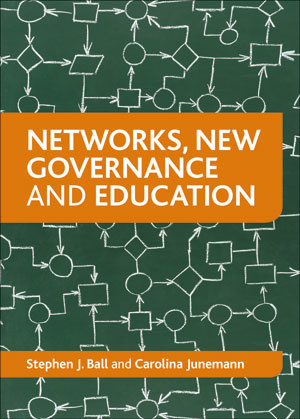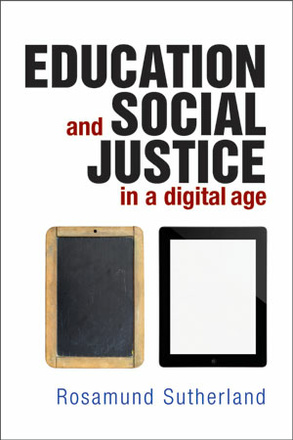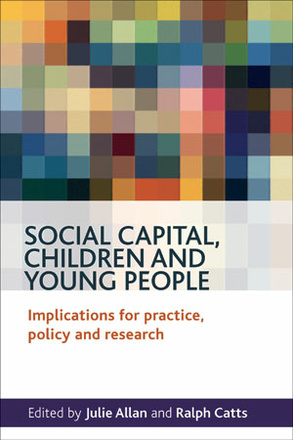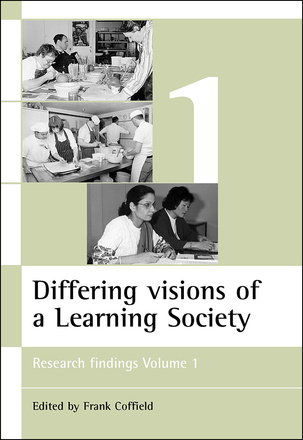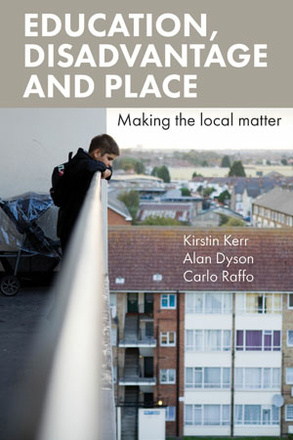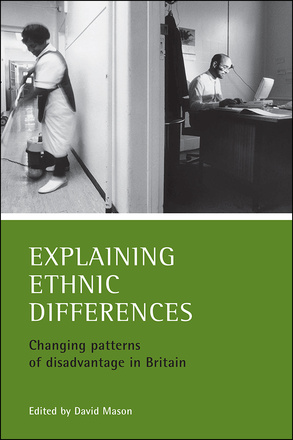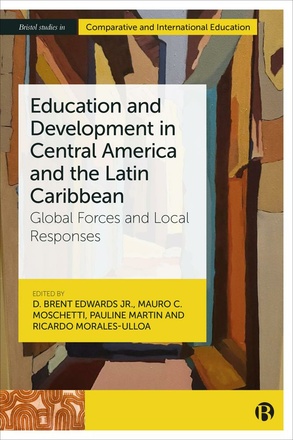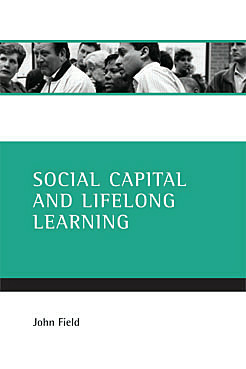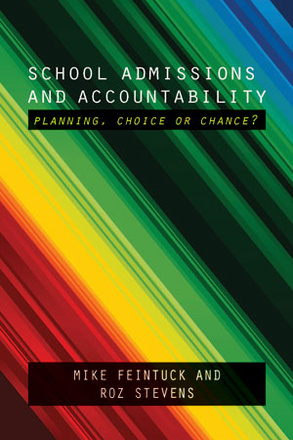Education Policy and Politics
A Political Sociology of Education Policy
This book aims to restore the role of political analysis in education policy by presenting a new political sociology for framing, conducting and presenting research. In doing so, it will be the first in the field to connect political thinking from Arendt with sociological thinking from Bourdieu.
The Making of a Left-Behind Class
Educational Stratification, Meritocracy and Widening Participation
Despite the high aspirations of young people from disadvantaged communities, they face barriers that are frustrating the realisation of their educational ambitions. This book analyses the ‘left-behind’ phenomenon and explains how denied educational equality undermines social cohesion and what we can do about it.
Differing visions of a Learning Society Vol 2
Research findings Volume 2
This second volume discusses both the meaning of the Learning Society for adults with learning difficulties, and use of social capital to explain patterns of lifelong learning. It presents five different 'trajectories' of lifelong learning, explores determinants of participation and non-participation in learning, and innovation in Higher Education.
Networks, New Governance and Education
This topical book uses network analysis and interviews with key actors to address the changes in education, with a focus on education and the role of new philanthropy.
Education and Social Justice in a Digital Age
This book proposes an approach to changing the educational system in order to redress inequalities in society, whilst at the same time acknowledging the potential transformative role of digital technologies.
Social Capital, Children and Young People
Implications for Practice, Policy and Research
Social capital, children and young people is about the relationships and networks - social capital - that children and young people have in and out of school.
Differing visions of a Learning Society Vol 1
Research findings Volume 1
This first volume explores the ways lifelong learning can contribute to the development of knowledge and skills for employment, and other areas of adult life. It addresses the challenges for researchers to study issues that are central and directly relevant to the political and policy debate, and to take into account the reality of people's lives.
Education, Disadvantage and Place
Making the Local Matter
Challenging current thinking, this important book is the first to focus on the role of area-based initiatives to tackle the link between education, disadvantage and place. Aimed at all those actively seeking to tackle disadvantage, including policymakers, practitioners, academics and students.
Explaining ethnic differences
Changing patterns of disadvantage in Britain
Recent urban disturbances, concerns about the fate of asylum seekers and renewed debates about the nature of ethnic identity and citizenship have all combined to give ethnic differences a high public and policy profile. This book explores the diverse experiences of ethnic disadvantage and challenges common assumptions.
Education and Development in Central America and the Latin Caribbean
Global Forces and Local Responses
Rooted in an international political economy theoretical framework, this book provides unique insights into the global forces and local responses that are shaping education systems in Central America and the Latin Caribbean (CALC).
Social capital and lifelong learning
The British government and powerful international agencies present investment in social capital as a way of promoting neighbourhood renewal, community health and educational achievement. This book confirms the significance of social capital as an analytical tool, while challenging the basis on which current policy is being developed.
School Admissions and Accountability
Planning, Choice or Chance?
Providing integrated coverage of the policy, practice and outcomes from 1944 to 2012, this book addresses the issues relevant to school admissions arising from three different approaches adopted in this period: planning via local authorities, quasi-market mechanisms, and random allocation.







